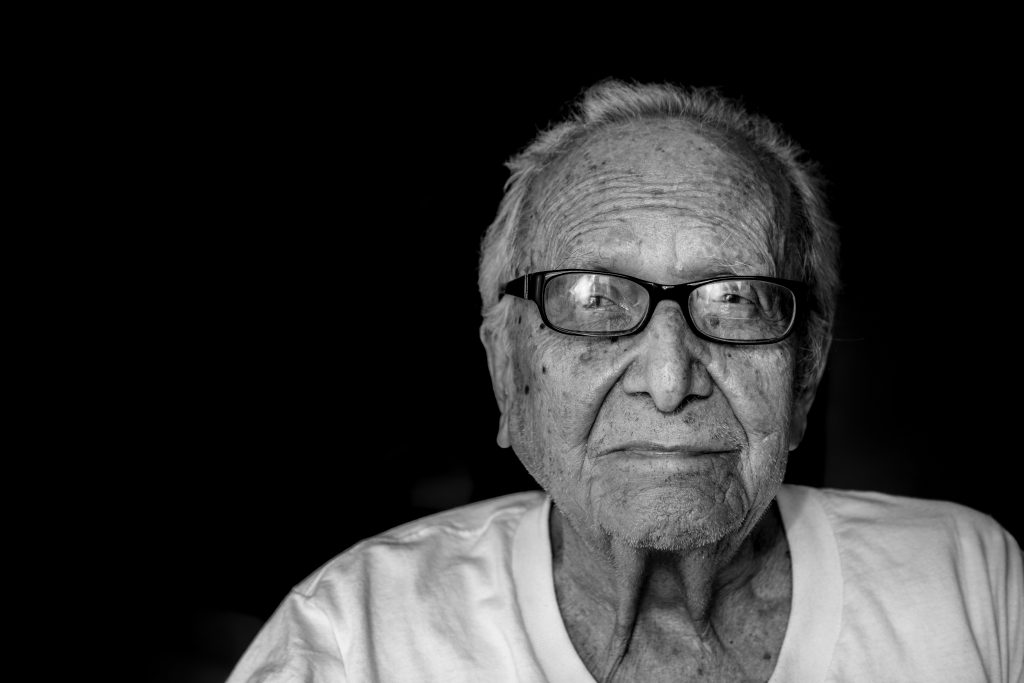6 Slang Words for Your Face in Russian Posted by Maria on Oct 24, 2019 in Vocabulary
It has recently occurred to me that Russian has multiple ways of referring to someone’s face, especially in a critical manner. Learning some common synonyms of лицо́ (litso, face) will help you understand colloquial Russian more easily because they come up a lot in informal speech. This post will use International Phonetic transcriptions for each key word.
1. Ха́ря
This word, which originally meant a mask, is not very nice at all and evokes a broad or fat face. If use this word to talk about someone’s face, chances are you don’t like that person. Interestingly, the example below uses the word to talk about the narrator.
Соба́ка, и та перепуга́лась мое́й ха́ри.
Even the dog got scared of my face.
[Вацлав Михальский. Храм Согласия (2008)]
2. Ря́ха
Switch around the syllables of харя, and you get ряха! This word is pretty close to харя and refers to an ugly, fat, or smug face.
Всё те же малоподви́жные тяжёлые ря́хи над отли́чными костю́мами, непристу́пная валья́жность го́лоса и мане́р. Бизнесме́ны…
Same old barely moving, heavy mugs above high-quality suits, unapproachable gravitas in their voices and demeano(u)r. Businessmen…
[Александр Гаррос, Алексей Евдокимов. Новая жизнь. Святочная повесть (2005)]
3. Ро́жа
To make faces is корчить рожи or строить рожи. To punch someone in the face is often referred to as дать по роже (also по морде or в рыло).
Ко́стя Серге́ев наро́чно перема́зался весь землёй и стро́ил вся́кие ро́жи.
Kostya Sergeev covered himself in dirt on purpose and was making various faces.
[Валерий Медведев. Баранкин, будь человеком! (1957)]
4. Мо́рда
Ру́сский челове́к в состоя́нии спли́на пьёт и́ли бьёт кому́-нибу́дь мо́рду.
When a Russian gets the blues, he drinks or punches someone in the face.
[ Омский мусорный абзац // «Криминальная хроника», 2003.06.10]
5. Ры́ло
The word рыло is related to рыть, to dig. Originally, this word refers to a pig’s snout. It has additionally come to signify an unpleasant person’s face, especially of a person who sticks their nose where it doesn’t belong, so to speak.
Высоче́нный охра́нник с тупы́м ры́лом смо́трит на меня́ све́рху вниз.
A towering security guard with a vacant face is looking down on me.
[Владимир Козлов. Крым (2002)]
6. Бу́дка
This word primarily refers to a booth, like a phone booth (телефо́нная бу́дка). It can also mean a broad, fat, or uncultured face. I’m starting to see a common theme here. 🙂
У меня́-то ша́нсов никаки́х. С мое́й ряза́нской бу́дкой не пропу́стят…
I have zero chances myself. They won’t let me in with my [Russian-looking] face…
[Сергей Довлатов. Заповедник (1983)]
While none of these words are nice, they are useful to understand in informal speech. Have you come across any of them?

Build vocabulary, practice pronunciation, and more with Transparent Language Online. Available anytime, anywhere, on any device.







Comments:
Mark Hemming:
Here’s another post you might find interesting on untranslatable Russian words: https://libratranslation.co.uk/blog/f/russian-language-of-one-word-wonders
Maria:
@Mark Hemming Thank you for the link! I do like seeing what words each language has a succinct phrase for where others might need a long circumlocution. Then again, I know some translators take issue with the notion of “untranslatable” words — in their view, anything is translatable; you just may need a longer explanation that will not immediately ring a bell for the listener. 🙂